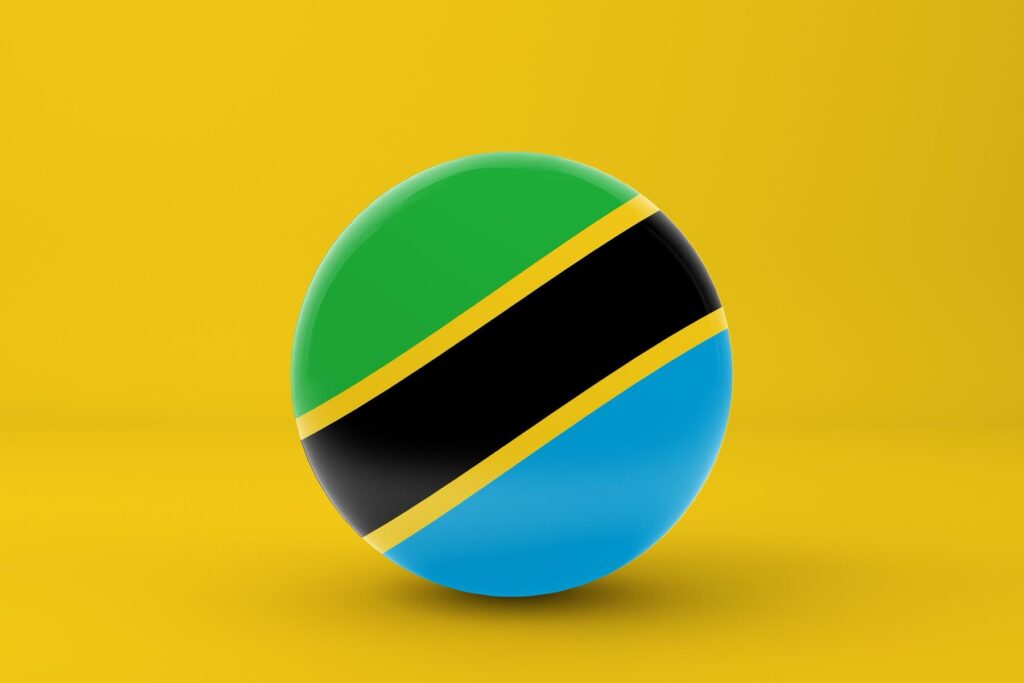Open banking, a system that allows third-party financial service providers to access consumer banking data through APIs, is transforming financial services globally. While Tanzania has a thriving fintech ecosystem, and is one of East Africa’s fastest-growing economies, open banking still remains in its early stages. However, with increasing financial inclusion efforts, mobile money dominance, and digital transformation initiatives, open banking could play a pivotal role in reshaping the country’s financial landscape.
This article explores the current state of open banking in Tanzania, its opportunities and challenges, and a comparative analysis with global leaders like the UK. Finally, it presents a future outlook with key recommendations for regulators, banks, and fintechs.

Tanzania has yet to implement a formal open banking framework, but the regulatory and financial infrastructure is gradually evolving to support digital financial services. Key aspects of the current landscape include:
Despite the regulatory and technical gaps, open banking in Tanzania presents several opportunities:
| Factor | Tanzania (Emerging) | Kenya (Leader) | UK (Global Benchmark) |
| Regulation | No formal framework | Draft CBK API rules | PSD2 Mandate (EU) |
| API Standardization | Proprietary APIs | Staged rollout | Universal standards |
| Consumer Adoption | Mobile-first | Mature M-Pesa adoption | App-based banking culture |
| Key Lesson | Can learn from Kenya’s phased API rollout strategy | Strong mobile money foundation | Emphasis on consumer data rights |
Open banking in Tanzania is at an early stage but holds immense potential to drive financial inclusion, fintech innovation, and economic growth. While regulatory gaps, infrastructure challenges, and cash dependency remain obstacles, Tanzania can leverage its mobile money strength and adopt a phased approach to API regulation.
By implementing clear regulatory frameworks, fostering fintech collaborations, and investing in digital literacy, Tanzania could unlock a thriving open banking ecosystem that benefits consumers, banks, and the broader economy.
Open Banking Nigeria (Open Technology Foundation) is a non-profit backed by a group of industry experts across banking, fintech, risk management, and more to drive and launch the open banking standard in Nigeria.